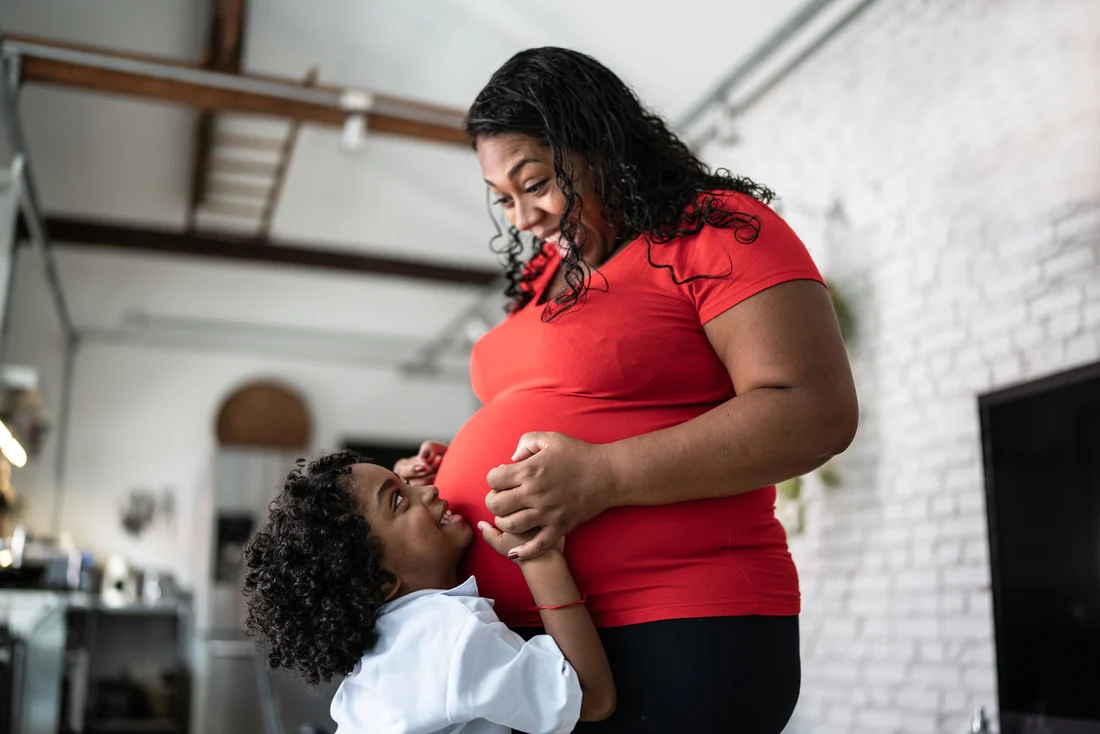After the birth of our third child, Lily started noticing dark spots on her face, prompting her to begin wearing makeup. To my surprise, I found myself arguing against it.
“You really don’t need makeup. You’ve always been beautiful without it,” I insisted as she applied foundation in the bathroom while I stood in our bedroom.
We had been married for nearly a decade, and honestly, her sudden use of makeup was more shocking to me than when I first discovered she didn’t wear any. By that time, we had three kids, and our lives had taken us to three different states.
The first time I remember seeing Lily with makeup was on our wedding day. She wore a touch of blush and a bit of eyeliner, but it was subtle—just enough to enhance her natural beauty for the photographs. I recall thinking how stunning she looked, but it wasn’t the makeup that made her radiant. It was her smile—one that curves perfectly at the corners, making her cheeks twist just right. Her hair was simply braided, and there was something incredibly comforting about her presence.
I loved her personality, her encouragement as I pursued education later in life, and the way she carried herself with just the right amount of confidence. It was a combination of all these qualities that made me fall in love with her. Makeup had nothing to do with it.
When Lily emerged from the bathroom, she looked at me with a playful smile, her hand resting on her hip, and a small round mirror in the other.
“It’s not about how you see me,” she said. “I know you find me beautiful.” Then, with a slight twist of her lips, she added, “You don’t understand.”
As she paused, clearly searching for the right words, she finally shared, “But others don’t see me the way you do. These spots on my face make me feel less beautiful, and I don’t want anyone to notice them.”
We exchanged thoughts for a while—me insisting she was beautiful, and her expressing how the blemishes affected her self-esteem. She used words like “old” and “ugly,” while I reiterated how much I loved her smile and spirit. I told her that if others couldn’t see those qualities, that was their issue.
“No,” she countered, “it’s my problem.” I couldn’t tell if she was frustrated or angry, but then she said something that struck me deeply.
“The truth is, your view of my appearance isn’t the only one that matters.” She delivered this truth without anger or sadness, simply a soft acknowledgment of the reality many women face.
That conversation was two years ago. Since then, Lily has worn makeup daily, yet it hasn’t changed how I see her. Her smile still lights up the room, and she still carries herself with grace and warmth. In reality, the biggest change was in how Lily perceived herself.
After she expressed that my opinion wasn’t the only one that counted, it took me some time to fully grasp her perspective. Now, after 11 years of marriage filled with shared experiences, I recognize that my view of her beauty isn’t the sole truth. Admitting this was difficult, as I often believed that if I loved her as she is, that should suffice for her self-image.
I understand that beauty standards are shaped by society—media, advertising, and culture. I’ve come to see that when Lily wears makeup, she walks with a bit more confidence. If it helps her feel better about herself as a mother and wife, then I wholeheartedly support her choice.
One morning, nearly two years after our debate about makeup, I brought it up again. As she leaned close to the mirror, I reassured her, “No matter what, you will always be beautiful to me. But ultimately, I want you to feel beautiful.” I admitted that the concept of feeling beautiful is complex and mysterious to me, but if wearing makeup helps her achieve that, I’m all for it.
With a warm smile, she leaned in and kissed me, simply saying, “Thank you.”
In summary, our perceptions of beauty are influenced by many factors, and while I see Lily as beautiful regardless of her makeup, it’s essential for her to feel beautiful in her own skin. Everyone’s journey to self-acceptance is unique, and supporting our partners in their choices is what truly matters. For more insights on this topic, check out this excellent resource for pregnancy and home insemination, or explore fertility supplements for additional information.
For more details on our policies, please refer to our terms and conditions.
